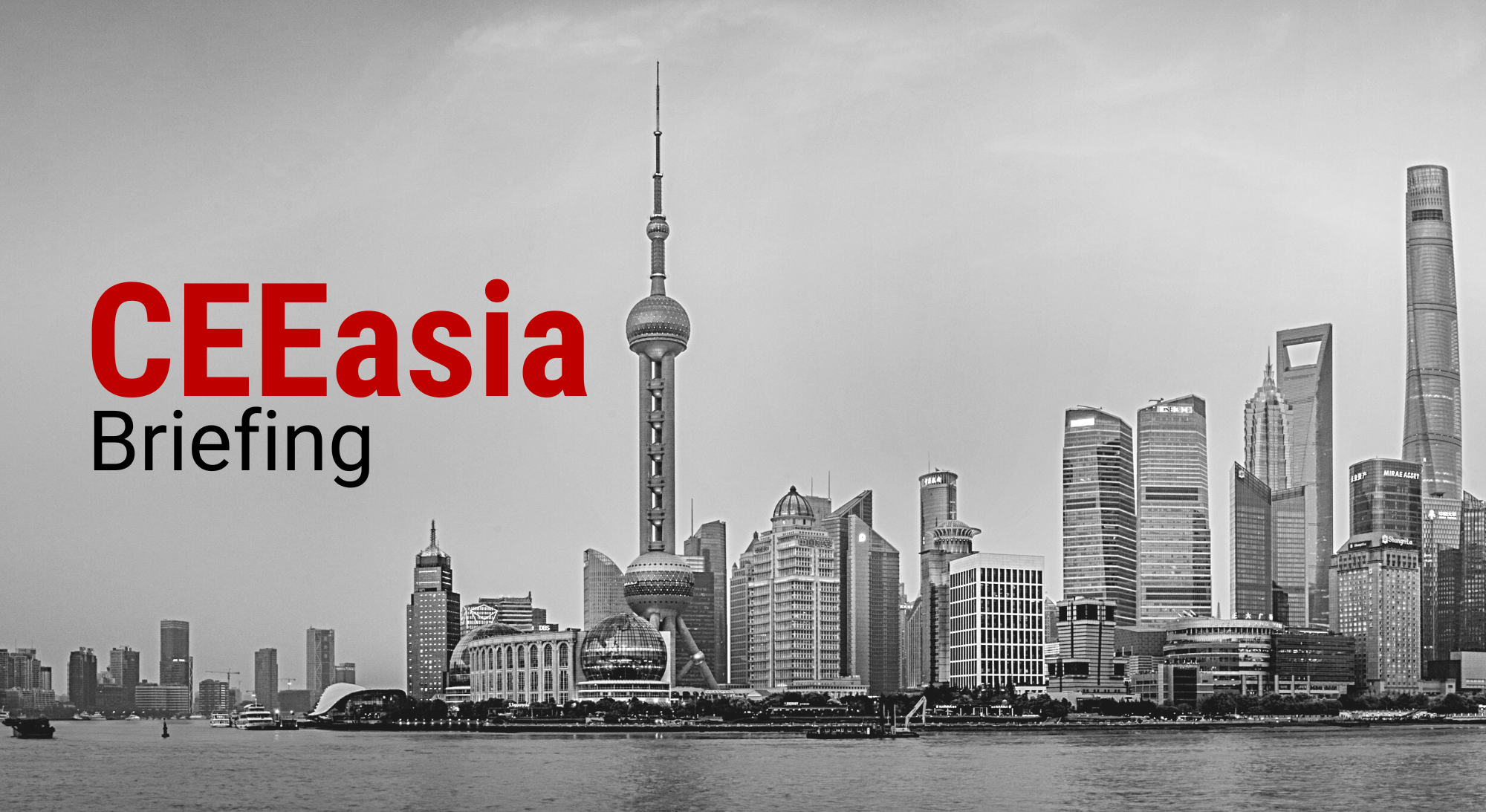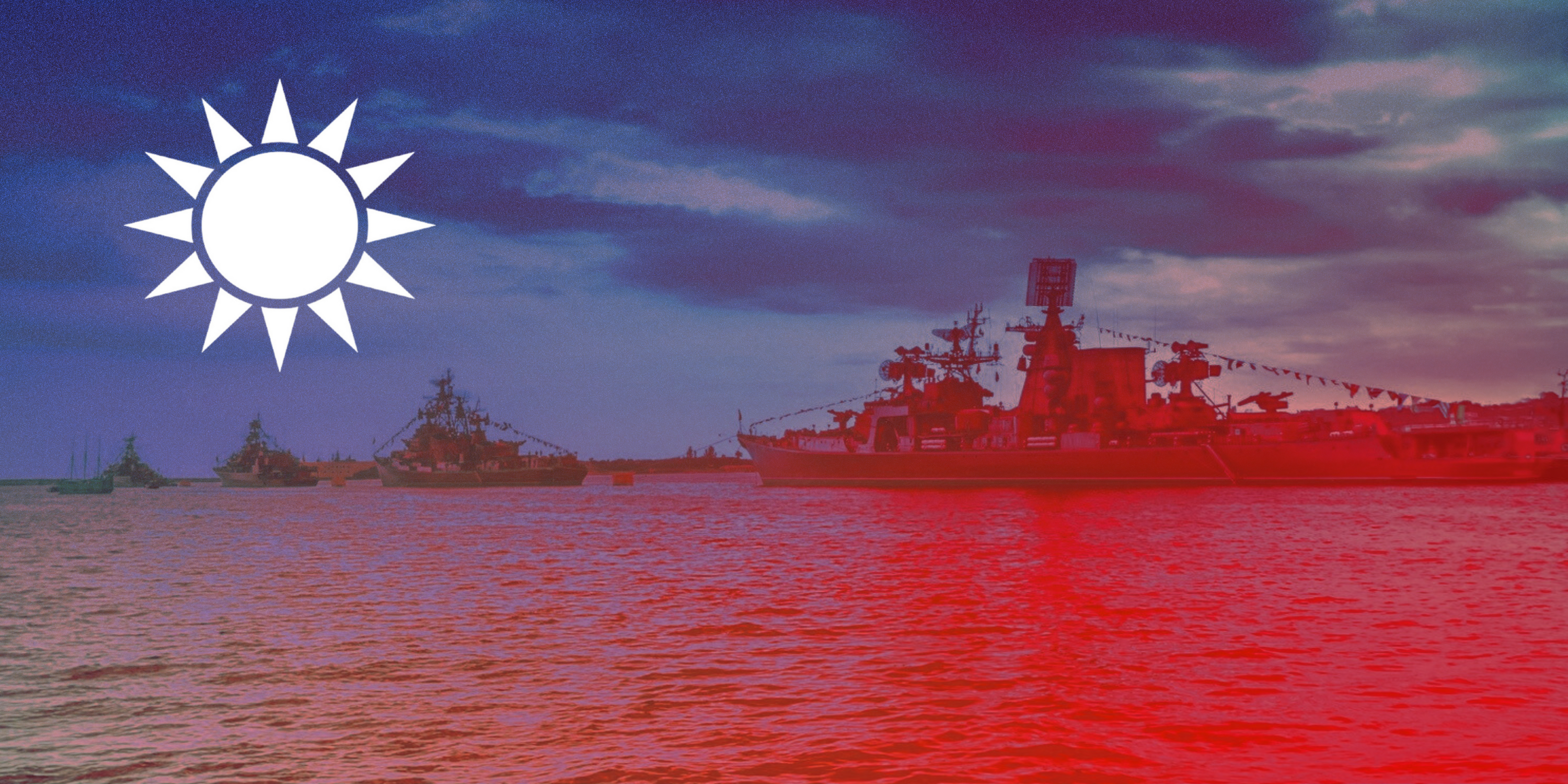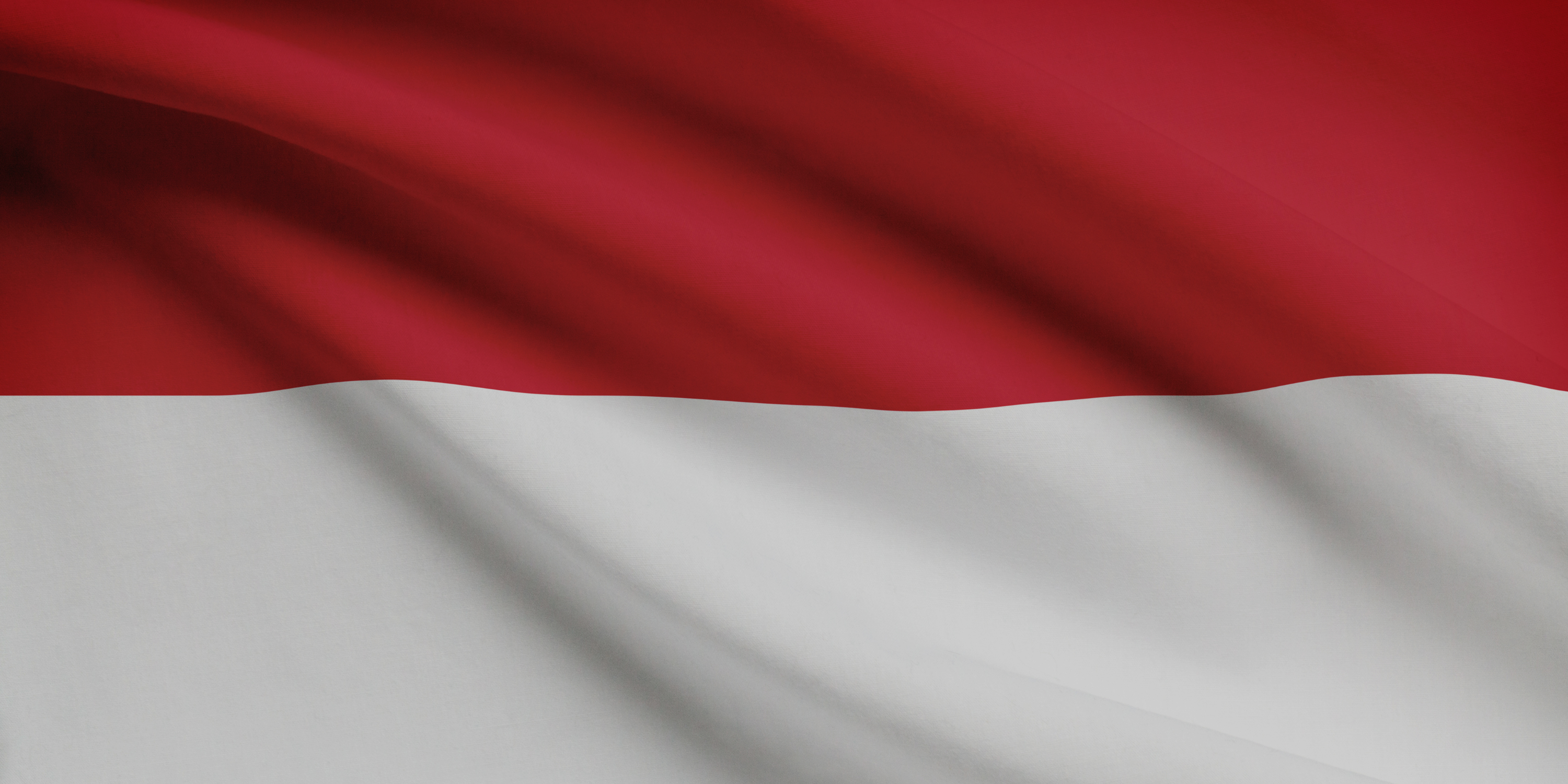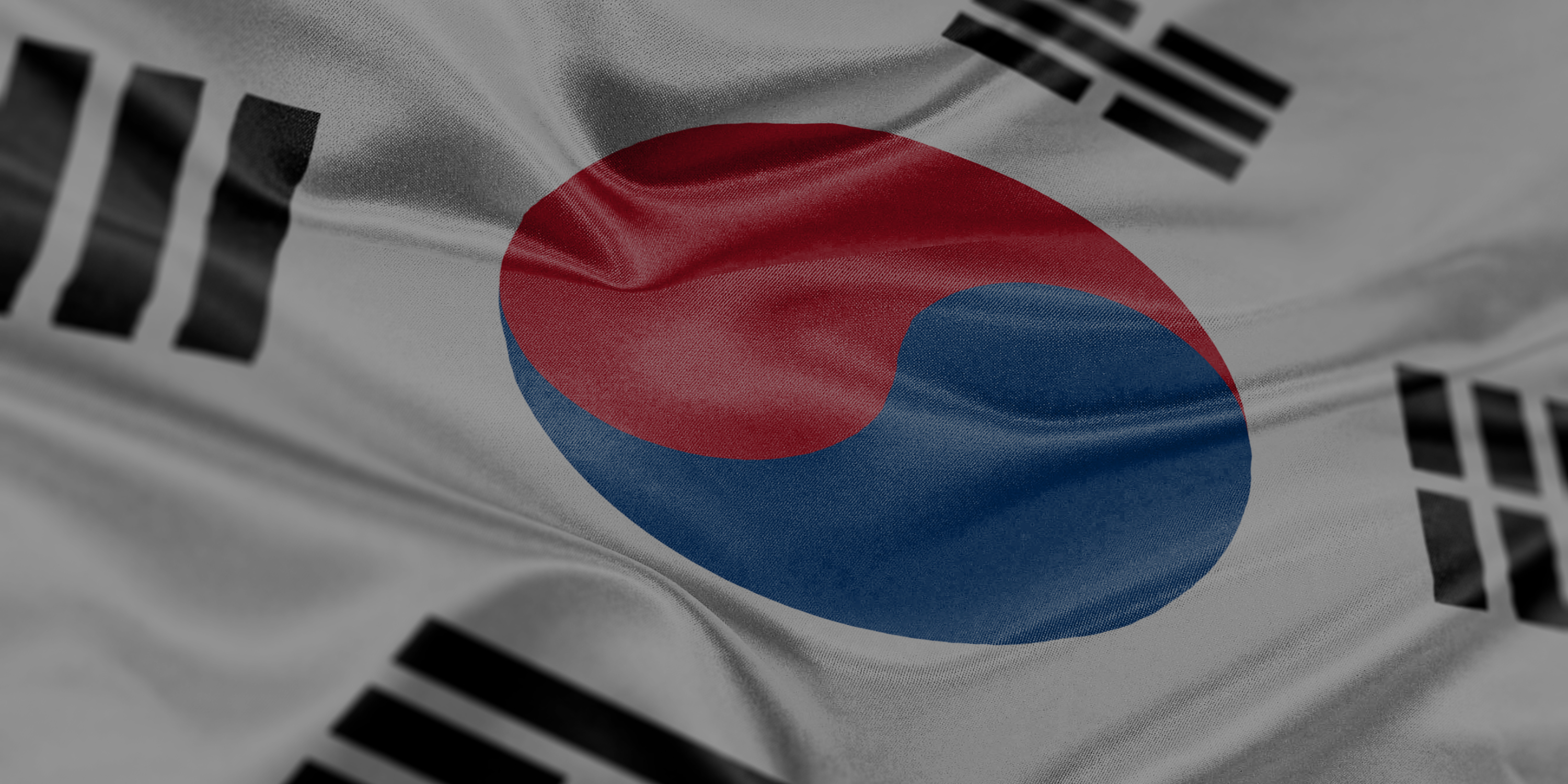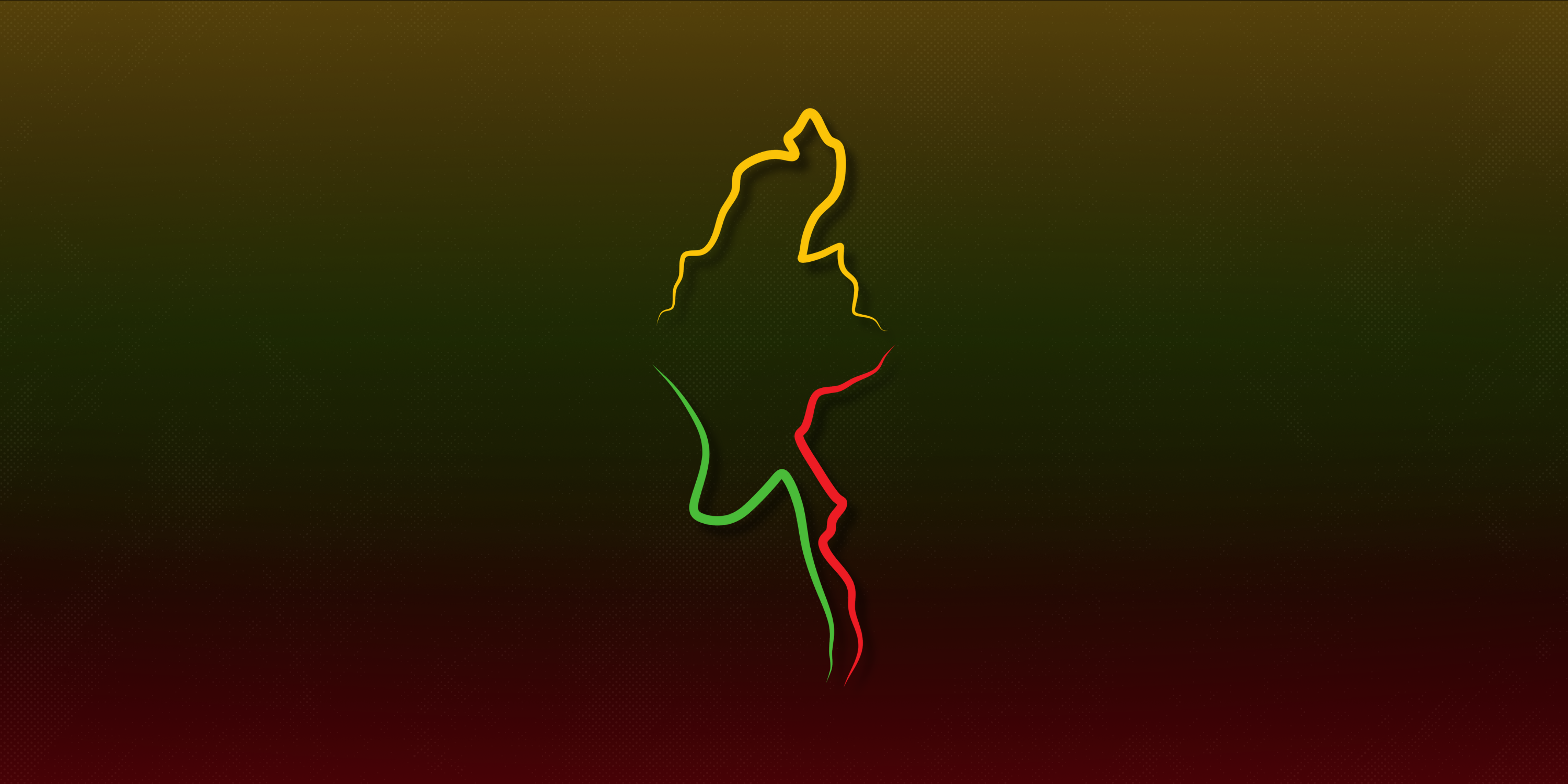Welcome to the 40th issue of the #CEEasia Briefing.
In this issue, we dissect the following topics:
- EU’s “de-risking” of supply chains from China
- Boris Kollar’s trip to China
- South Korea’s arms transfer to Ukraine
Do you need to know more about East Asia? Don’t hesitate to shoot us a message about custom analysis tailored to your needs.
1. EU’s strategy of de-risking supply chains from China
What’s going on? There seems to be a growing awareness in the EU of the risks posed by China’s supply chain weaponization. In its recent speech on EU-China relations at MERICS, Ursula von der Leyen suggested that by reducing its dependence on Chinese supply chains in crucial sectors, the EU can minimize the potential impact of any future economic coercion or pressure from China while also supporting the growth of alternative supply chains that are more secure and sustainable.
What does it mean? China’s use of supply chain weaponization against the EU serves a dual purpose. Firstly, it focuses on preventing US-led initiatives that target China. By leveraging its economic power and influence over global supply chains, China is able to limit the effectiveness of any such initiatives, reducing their impact on its economy and international standing. Second, this strategy is also intended to stall the EU’s development of a more assertive China policy. By maintaining economic ties and interdependence with the EU, China is able to limit the bloc’s willingness to take a stronger stance against its actions, including its human rights violations, territorial disputes, and economic coercion.
Going deeper… Von der Leyen argued that Europe should “de-risk” rather than decouple its Chinese ties. In other words, decoupling is implausible, and the West should instead reduce dependence and diversify supply chains in strategic sectors such as semiconductors, batteries, and critical minerals, all of which are crucial to the EU’s Green Deal Industrial Plan. The demand for raw materials will skyrocket as the EU’s digital and green transitions speed up. However, achieving this goal will be challenging as China’s economic power and influence continue to extend, and many EU countries are heavily reliant on Chinese imports.
Further reading:
CEIAS: The China factor: Economic exposures and security implications in an interdependent world
MERICS: Six priorities for “de-risking” EU relations with China
FT: The west is in the grip of a decoupling delusion
EC: Speech by President UVL on EU-China relations
2. Boris Kollár’s trip to China
What’s going on? Slovak National Council Speaker Boris Kollár visited China seeking to strengthen economic relations between the two countries and discuss possible cooperation in railway infrastructure with China Railway International Group. The visit also included meetings with the Chairman of the National People’s Congress Zhao Leji and Vice-president Han Zheng.
Going deeper… It is worth noting that, in addition to members of the party, Kollár was joined by three MPs from opposition parties, traditionally supporting the pro-Chinese narrative. Besides economic ties, the delegation discussed academic cooperation, especially further partnerships between Chinese and Slovak universities. CEIAS China-Europe Academic Engagement Tracker indicates that more than 130 institutional relationships currently exist between Slovak educational institutions and Chinese partners, with the prevailing focus on STEM collaboration.
Moreover… Ahead of his visit, Kollár informed he would not raise the issue of close ties between China and Russia. Nevertheless, after meeting with Chairman Leji, he stated they had touched upon the topic of the war in Ukraine. “The Chairman said that China respects the territorial integrity of every nation in the world,” according to Kollár. However, he failed to specify what this means in terms of restoring Ukrainian control over Crimea.
This means… Chinese investments and its involvement in constructing critical infrastructure could represent a possible security threat. The same risk is associated with closer cooperation in the academic sector. Slovak intelligence indicates that Chinese actions in Slovakia include efforts to penetrate and influence the sector. Moreover, seeking increased academic collaboration without limitations contradicts the official government position.
Further reading:
Euractiv: Slovak parliament speaker lobbies for China investments amid security concerns
Dennik N: Boris Kollár je v Číne, zrušil plánovanú návštevu Huawei a verí, že Peking nepošle zbrane Rusku
CEIAS: China-Europe Academic Engagement Tracker
3. South Korea’s possible arms transfers to Ukraine
What’s going on? South Korea might provide Ukraine with lethal weapons. However, this would happen only under the condition of a “large-scale attack on civilians, massacre or serious violation of the laws of war,” as confirmed by President Yoon Suk-yeol last month. It was the first time South Korea admitted the possibility of supporting Ukraine with means other than humanitarian or financial assistance.
Going deeper… Since the beginning of the war, the South Korean government’s support of Ukraine has been rather timid. South Korea joined the international sanctions imposed on Russia quite early on, but took additional measures only after facing economic pressures from the United States. The government also sent initial humanitarian assistance to Ukraine worth $10 million, which ended up expanding tenfold in value throughout last year. But Seoul has been facing increasing pressure to pledge military support. In late January, the Secretary General of NATO Jens Stoltenberg visited Japan and South Korea, allegedly to press the two countries to help Ukraine with military supplies. Moreover, President Yoon may have felt a sense of diplomatic competition after Japanese Prime Minister Fumio Kishida paid a surprise visit to Kiyv last month.
This means… As one could expect, the Russian leadership did not wait long to respond to Yoon Suk-yeol’s statement. The Kremlin spokesman Dmitry Peskov said that “the start of arms deliveries will obliquely mean a certain stage of involvement in this conflict” and that Moscow could respond by sending weapons to North Korea. Both Moscow and Seoul know very well that this is precisely what South Korea tries to avoid, especially amid Pyongyang’s recent military threats. Balancing its foreign policy goals, South Korea stands on very thin ice.
Further reading:
CEIAS: Mixed reactions to the Russian war against Ukraine in the Indo-Pacific
Reuters: Exclusive: South Korea’s Yoon opens door for possible military aid to Ukraine
SCMP: Russia warns South Korea against arming Ukraine in ‘unfriendly stance’, threatens retaliation involving North Korea
Quick takes on CEEasia developments
CHINA | The visit of the EU Commission President von der Leyen and French President Macron to Beijing has highlighted the challenges faced by the EU in presenting a unified stance on foreign policy issues with regard to China. In addition, the lack of concrete action and vagueness in the EU’s messaging regarding China’s potential arming of Moscow weakens its credibility and ability to deter Beijing.
JAPAN | The EU and Japan agreed on the first review of the mutual adequacy arrangement on personal data flows that entered into force in 2019. The arrangement is complementary to the Japan-EU Economic Partnership Agreement on trade and business cooperation, and recognizes the EU’s and Japan’s data protection systems as ‘equivalent’. The Japanese data protection system expanded to comprise academia and the public sector in recent years, which could enhance research and regulatory cooperation in the future.
SOUTH KOREA | Recent celebrations of Slovak-Korean diplomatic ties highlighted cooperation in the fields of battery and electric vehicle production as well as emerging and disruptive technology R&D as possible future avenues for cooperation. EV sector may be particularly appealing considering Slovakia’s strengths in car manufacturing. South Korea’s economic footprint in the V4 states is expanding into new sectors, including arms procurement with Poland and a potential nuclear power reactor construction with Czechia.
INDONESIA | German Chancellor Scholz expressed his intention to advocate for a trade pact between the European Union and Indonesia as part of strategic efforts to decrease the dependence on China for critical raw commodities. The trade pact would establish an economic zone with 700 million people.

